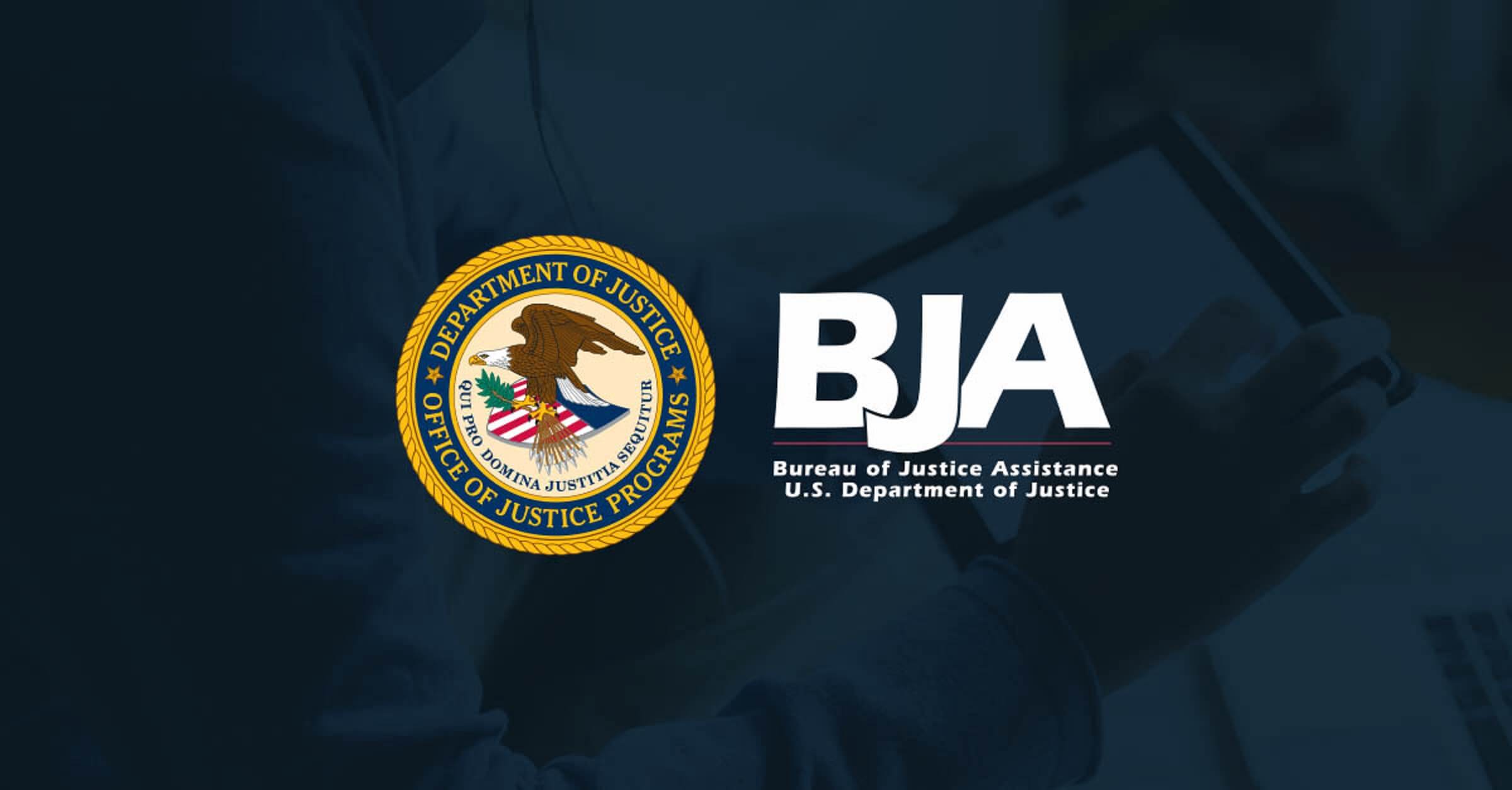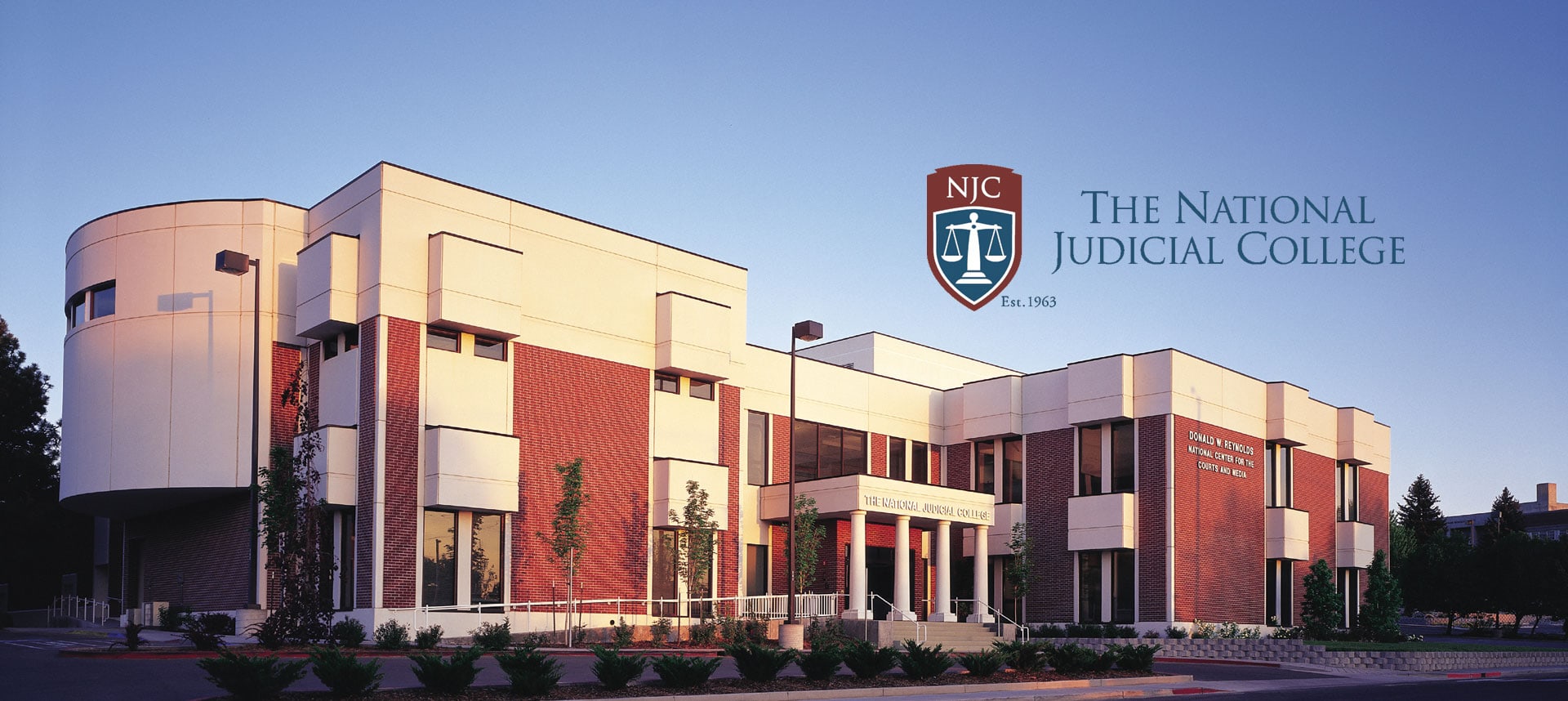
Reno, Nev. (Jan. 15, 2020)—The National Judicial College (NJC) has been awarded a $750,000 grant from the Bureau of Justice Assistance (BJA) through the U.S. Department of Justice’s Coordinated Tribal Assistance Solicitation.
The award was created by the Tribal Assistance program in response to concerns raised by tribal leaders regarding criminal justice and public safety needs. It is the primary source of general tribal court enhancement funding and allows tribes to design court enhancements. The College will use the grant to provide training and technical assistance to tribal judiciaries.
The NJC features a National Tribal Judicial Center, which was established with funding from a BJA grant and first received BJA funding for tribal court support in 2002.
The NTJC will deliver training and services for tribal courts, tribal judges and tribal court staff in collaboration with the Tribal Justice Institute at the University of North Dakota School of Law and the Center for Court Innovation.
New Tribal Judicial Center Director Jan W. Morris, an enrolled member of the Choctaw Nation of Oklahoma, will spearhead the grant initiatives.
Immediately prior to joining the Tribal Judicial Center, Judge Morris served as director for the Tribal Justice Partnerships program at the Reno, Nevada-based National Council of Juvenile and Family Court Judges.
He has worked exclusively in tribal courts for 30 years in criminal, civil and juvenile tribal law, including 20 years as a chief judge, appellate judge and pro tem judge for the: Ak-Chin Indian Community; Gila River Indian Community; Salt River Pima-Maricopa Indian Community; Fort Mojave Indian Tribe; Hualapai Tribe; Fort McDowell Yavapai Nation; Havasupai Tribe; Ak-Chin Indian Community; Yavapai-Apache Nation; and Puyallup Tribe courts.
He’s been a faculty member at the NJC for 15 years specializing in trial court judicial skills, court clerk skills, and court management and administration.
###
Based in Reno, Nevada, and offering courses nationwide, The National Judicial College has been the nation’s leading provider of judicial education for more than half a century, drawing judges from every state and more than 150 countries. Nonprofit and nonpartisan since its founding in 1963, the College offers more than 200 judicial education programs in person and online in support of its mission: “to make the world a more just place by educating and inspiring its judiciary.”

The Hon. Mary-Margaret Anderson (Ret.), a retired administrative law judge with the California Office of Ad...

Happy October, Gaveliers faithful. Are you loving this or what? No one believed a team made up of judges...


Hon. Diane J. Humetewa, the first Native American woman and the first enrolled tribal member to serve as a ...

Retired Massachusetts Chief Justice Margaret H. Marshall has been selected as the 2024 winner of the presti...